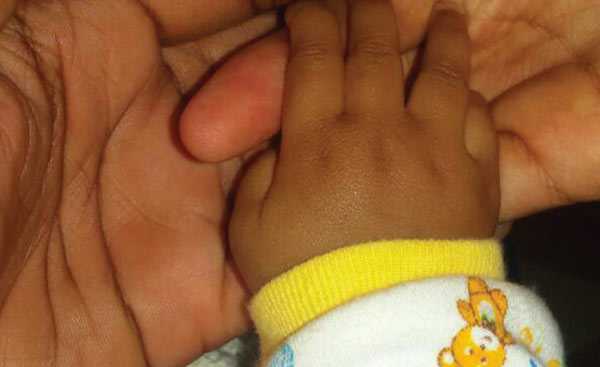Is your parenting style building your child?

The impact that a parent has on their child cannot be underscored enough. Parents and guardians have a vital role to play in the development of their children. The difference in children’s behaviour can, to a large extent, be attributed to the parenting style that was employed to raise them. In the previous article, we put our focus on effective parenting tips. In this article, we shift our focus to parenting styles and the effects they have on your children.
It is the desire of every parent to raise children who possess the finest qualities. The tides of parenting have greatly evolved with the change in the generations leading to different parenting styles. Some potential causes of these differences include culture, personality, family size, parental background, socioeconomic status, educational level, and religion. According to Diana Baumrind, a developmental psychologist in the US, parenting styles mainly fall into four categories – authoritative, authoritarian, uninvolved and permissive.
Authoritative parenting is the kind that brings up well-mannered and respectful children. Most importantly, these children are raised to take responsibility for their behaviour. These parents raise their children to respect authority, know how to behave and understand the need to be organised in life. Authoritative parents are responsive to their children and willing to listen to questions. Such parents are not excessively strict but they are strict enough to allow their children to acknowledge and respect authority and, as a result, children from this type of household are more likely to be emotionally and mentally strong. This fosters high self-esteem, cognitive development, and emotional maturity.
Authoritarian parenting on the other hand is extremely strict. Such parents push their children beyond their limits and have ridiculously high expectations of them. They use scare tactics to make their children obey them without question. Some children from these households become rebels and break rules just to spite their parents. Others become anxious, withdrawn, and react poorly to frustrations. Generally, authoritarian parenting leads to children who are obedient and proficient, but they rank lower in happiness, social competence and self-esteem.
Permissive parents on the other hand treat their children more like a friend than a child. As a result, they don’t set many rules or boundaries and rarely do they discipline their children. Children from such homes have trouble with relationships and responsibilities when they get older. These children are more likely to become rebellious and defiant in the face of authority and tend to perform poorly in school.
Uninvolved parenting style is characterised by few demands, low responsiveness and little communication between the parents and their child. While these parents fulfill the child’s basic needs, they are generally detached from their child’s life. In extreme cases, these parents may even reject or neglect the needs of their child’s life. As a result, these children lack self-control, have low self-esteem and are less competent than their peers. From the foregoing, the authoritative parenting style stands out from the rest. This could be attributed to the fact
that children are more likely to obey their parents when they perceive their parent’s requests as reasonable and fair. It is imperative to note that a child’s behavioural development is not entirely limited to parenting styles; other factors such as culture and social influences also play a pivotal role.
Published in January 2015




